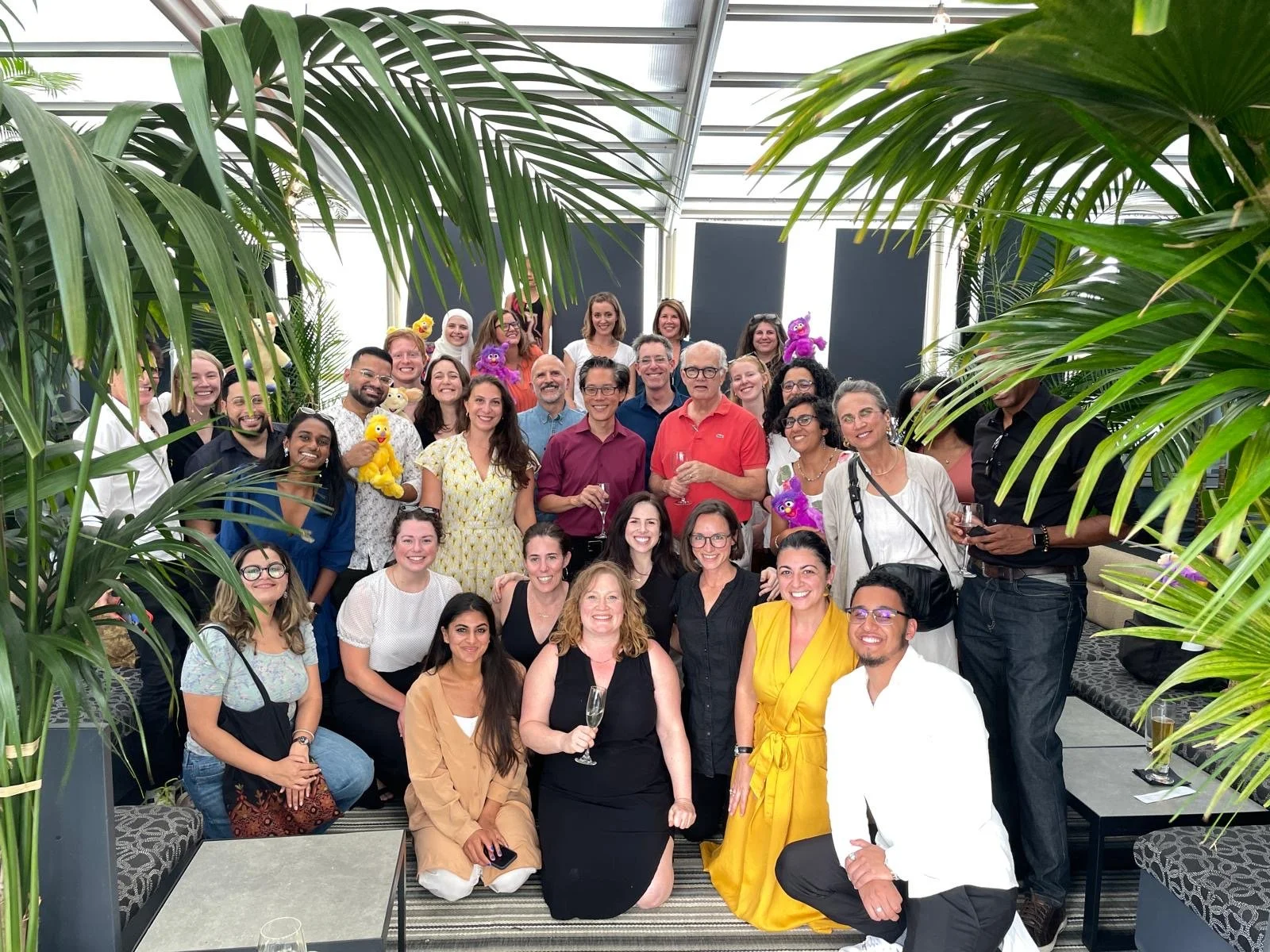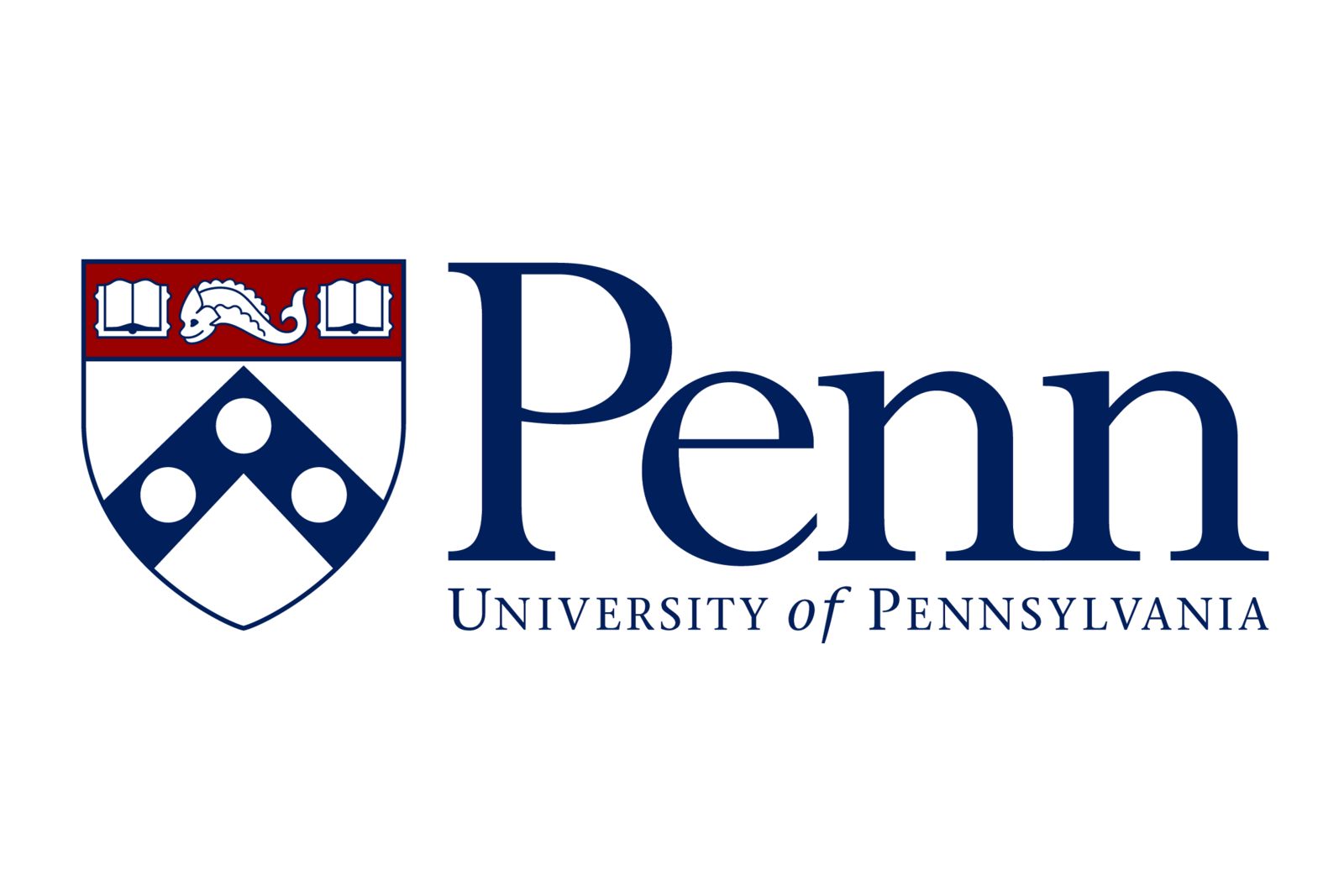Ahlan Simsim
[2019-2023]
Project Overview
Ahlan Simsim, which means “Welcome Sesame” in Arabic, was a groundbreaking program from Sesame Workshop and the International Rescue Committee (IRC), with Global TIES for Children serving as an independent evaluator, that delivered early learning and nurturing care to children and caregivers affected by conflict and displacement across the Middle East. Through a brand-new, localized version of Sesame Street and in-person direct services across Iraq, Jordan, Lebanon, and Syria, Ahlan Simsim reached families wherever they were—from classrooms and health clinics to TV and mobile devices—with the vital educational resources that they needed to thrive. This program was generously funded by the John D. and Catherine T. MacArthur Foundation and the LEGO Foundation, it addressed the immediate needs and built a strong foundation for future well-being, while also transforming how the humanitarian system responded to crises around the world.
-
Ahlan Simsim aimed to address the devastating impacts of crisis and displacement by delivering early learning and nurturing care to children and caregivers affected by the Syrian refugee crisis. Through the TV show and in-person services featuring storybooks, educational materials, and caregiver-facing programming across Iraq, Jordan, Lebanon, and Syria, Ahlan Simsim reached families wherever they were—from classrooms and health clinics to TV and mobile devices—with the vital educational resources and playful learning that they needed to thrive. This program not only addressed children’s immediate needs, but built a strong foundation for their future well-being.
Through Global TIES for Children’s role as independent evaluator on this program we measured the impact of various aspects of not only the mass media intervention of Ahlan Simsim but also through research projects focused on the delivery of at-home services featuring innovative research methods developed due to the onset of COVID-19 and the necessary program and research project adaptations. Our research on these programs significantly contributed to the science and understanding of remote program delivery in humanitarian contexts.
-
Global TIES for Children aimed to fill significant gaps in the evidence base about early childhood development in the Middle East through our Ahlan Simsim projects in the following ways:
To evaluate the effects of exposure to the Ahlan Simsim TV show on targeted early learning child outcomes.
To evaluate child- and caregiver-focused early learning services for populations in the Middle East affected by the Syrian refugee crisis.
-
Our work in the Ahlan Simsim initiative encompasses the following studies:
Evaluation of the Ahlan Simsim Mass Media TV show
This study was one of the first causal impact evaluations of a mass media program that was: 1) designed for countries in the Middle East affected by the Syrian conflict and refugee crisis; 2) focused on preschool-age children’s emotional development. It evaluated the effects of Ahlan Simsim, a television show co-produced by Sesame Workshop and Jordan Pioneers that has been viewed by 23 million children across the Middle East and North Africa (MENA) region, including 57% of displaced Syrians in Jordan. Each season of the Ahlan Simsim TV show focuses on social-emotional development, including teaching specific emotion words and strategies for managing strong emotions. For the study, we used a selection of 26 episodes from the first four seasons, entitled “Best of Ahlan Simsim”, which were shown in Ministry of Education pre-primary classrooms every day for 12 weeks in Jordan. These classrooms consisted largely (97%) of Jordanian host community families. Though the benefits of educational media interventions on children’s learning are well-established, there was relatively little research in the MENA region rigorously testing its effectiveness targeting emotional development.
Evaluation of Reach Up and Learn Phone-Based Home-Visiting Program in Jordan
This study was the first to evaluate a phone-delivered version of a parenting program in the Middle East and the first randomized-controlled evaluation of an audio-only parenting program for a community sample (that is, a sample without diagnosed health problems or disabilities). Though extremely relevant for humanitarian and crisis situations, when in-person programs are difficult, very little was known about the impacts of audio-only remote caregiver programs. When the International Rescue Committee (IRC) adapted an in-person home-visiting parenting program in 2020 to be delivered remotely, via audio-only phone calls, in response to the pandemic, it created a unique opportunity to evaluate an audio-only remote caregiver program. The original in-person program, Reach Up and Learn (RUL), had been delivered by the IRC from 2016 to early 2020 in parts of Jordan, targeting both Jordanian and Syrian caregivers.
Evaluation of a Remote Early Learning Program in Lebanon
This study was the first evaluation of a remote early childhood education (ECE) program for families affected by conflict and crisis and the second of the effect of short-term (shorter than 3 months) ECE programming. It evaluated the impact of an 11-week remote early learning program (RELP) delivered alone and in combination with Ahlan Simsim Families (ASF), a parenting support program. The study population was Syrian (96%) and Lebanese (4%) caregivers with 5-6 year-old children in hard-to-access areas of Lebanon where there was little to no other access to ECE. RELP and ASF were implemented by the International Rescue Committee (IRC) in partnership with Sesame Workshop as part of the Ahlan Simsim initiative. Both programs incorporated multimedia content from Ahlan Simsim. We conducted both causal impact analyses (comparing the program models, RELP and RELP + ASF, to a waitlist control group) and an embedded qualitative study with teachers, caregivers, and program staff.
Featured News & Publications
Partners & Funders
MacArthur Foundation
Funder
Sesame Workshop
Partner
International Rescue Committee
Partner
University of Pennsylvania
Partner








![[Dataset]Phone-Based Reach Up and Learn](https://images.squarespace-cdn.com/content/v1/5fa0560c3a27c834f6a6b5ac/1703271023801-JED68Q0PDBWB8Z0FFEFX/Primary%2BEducation%2Band%2BLearning%2Bin%2BEmergencies.jpg)





